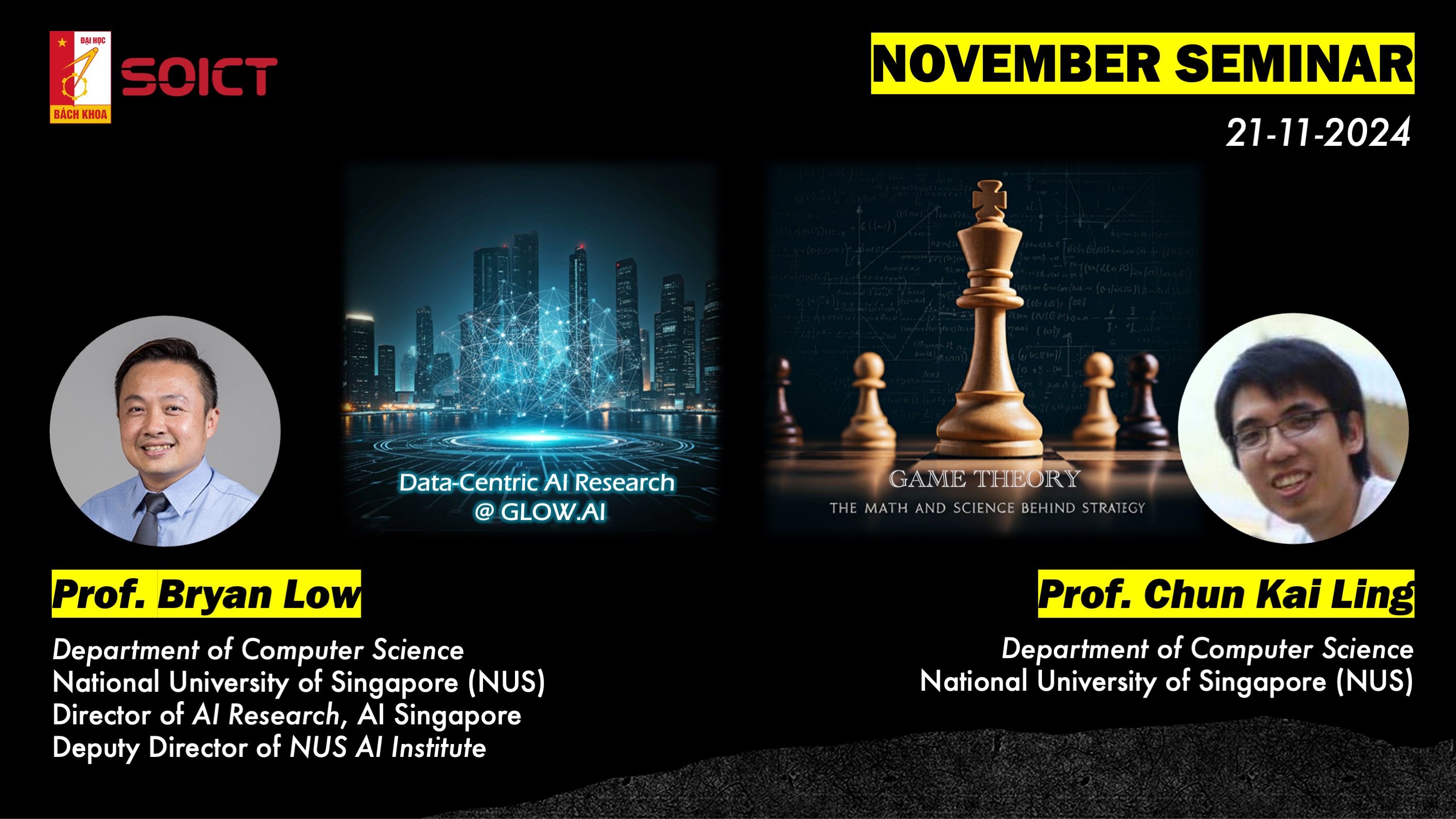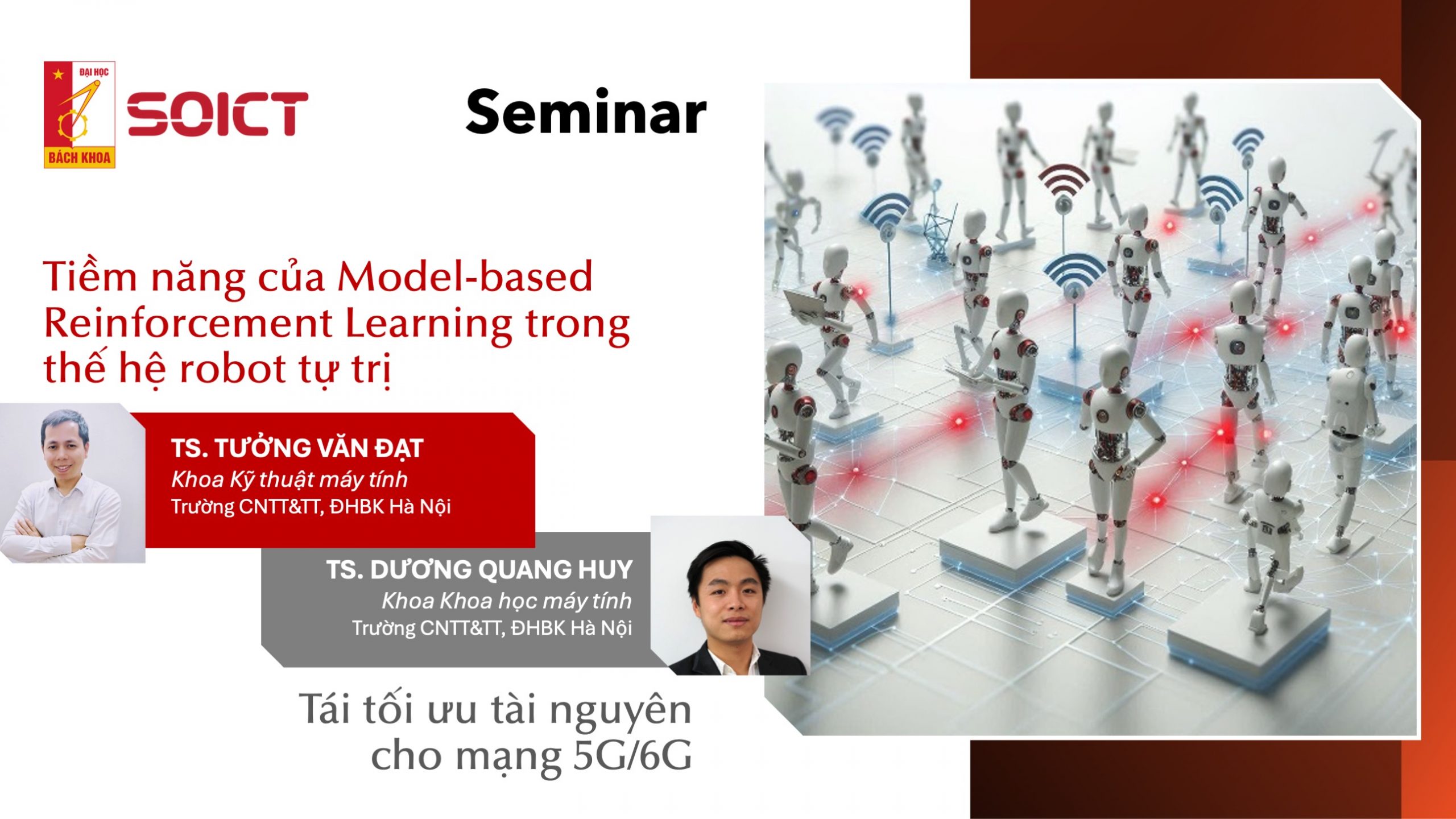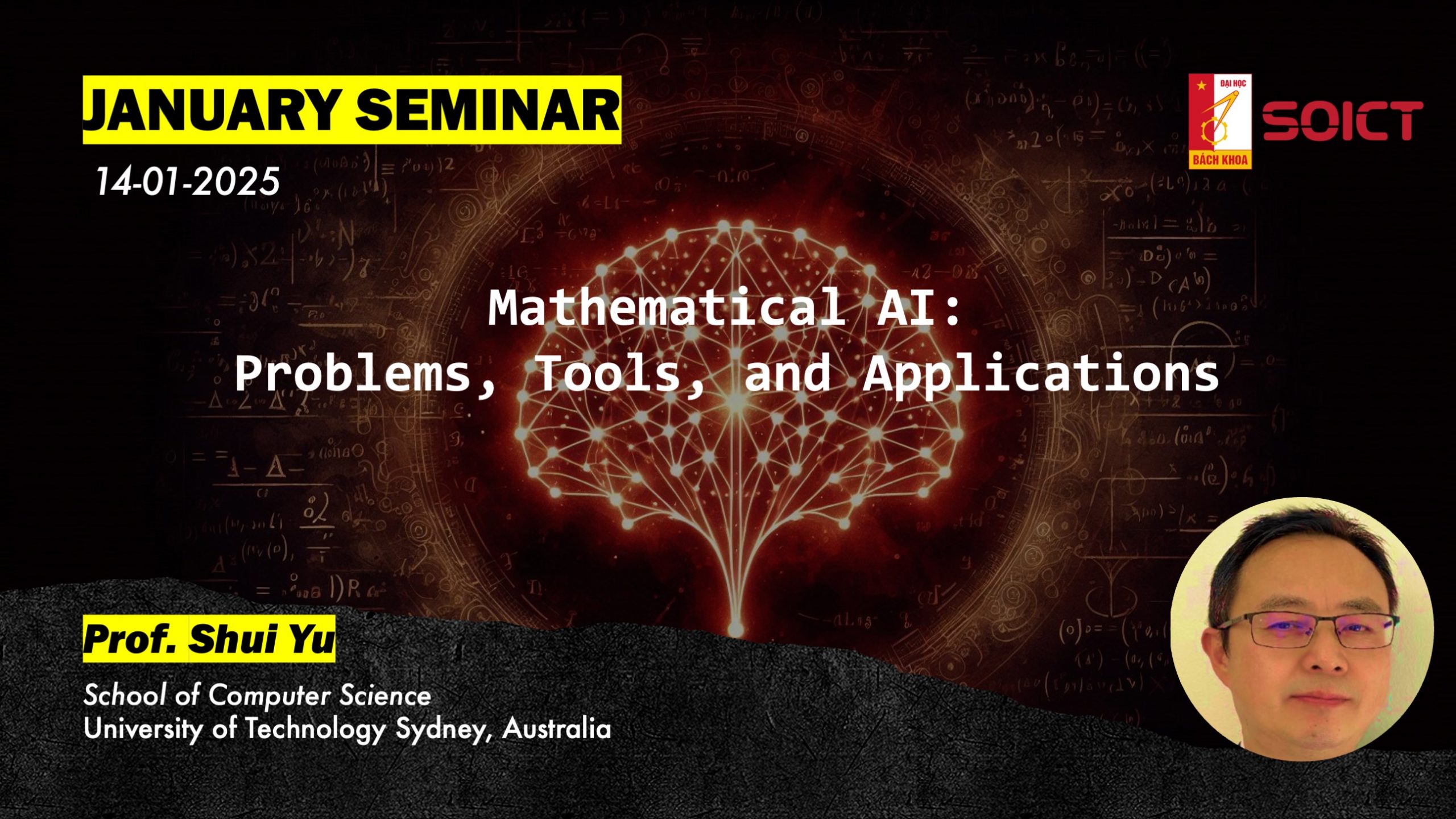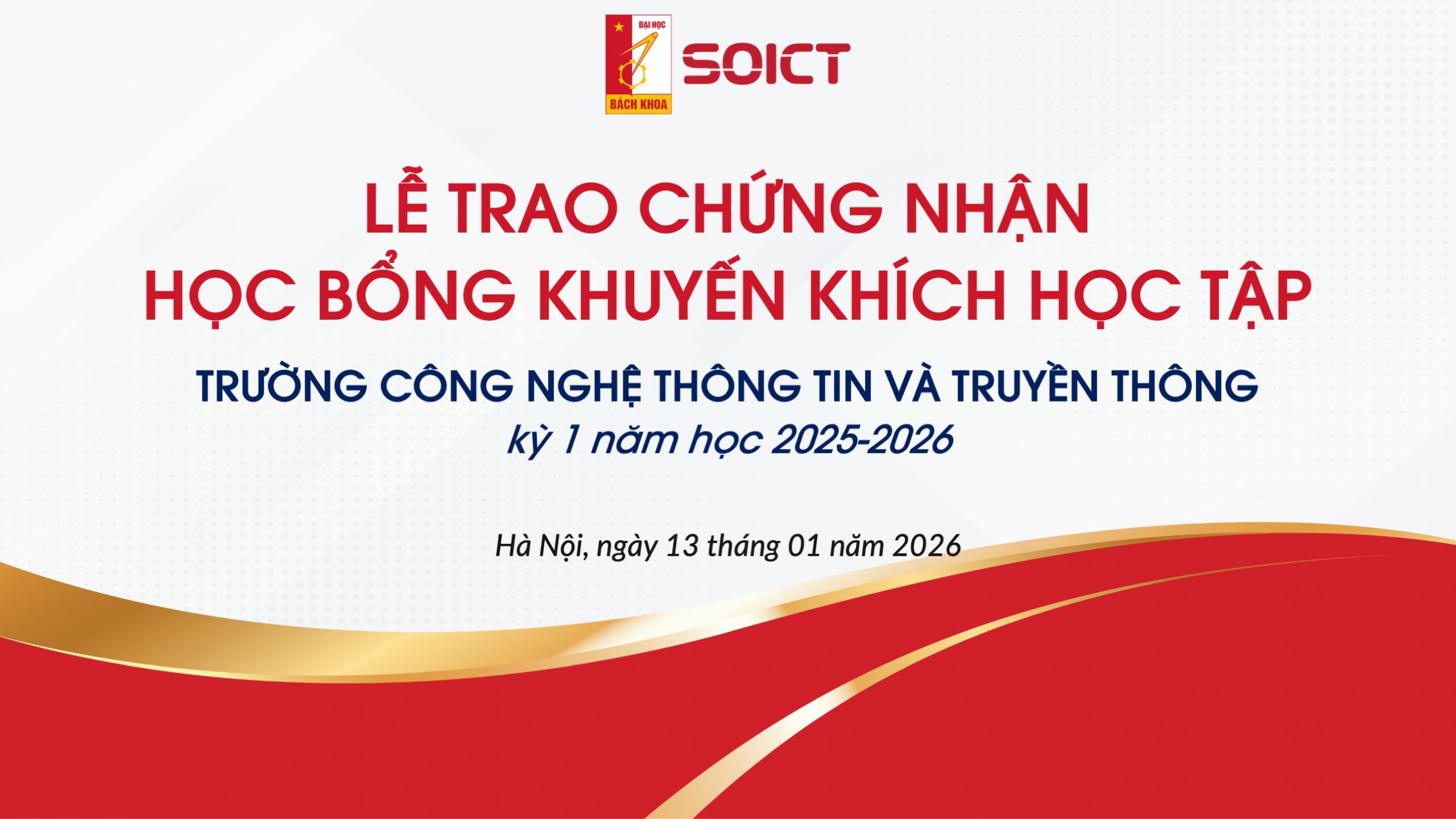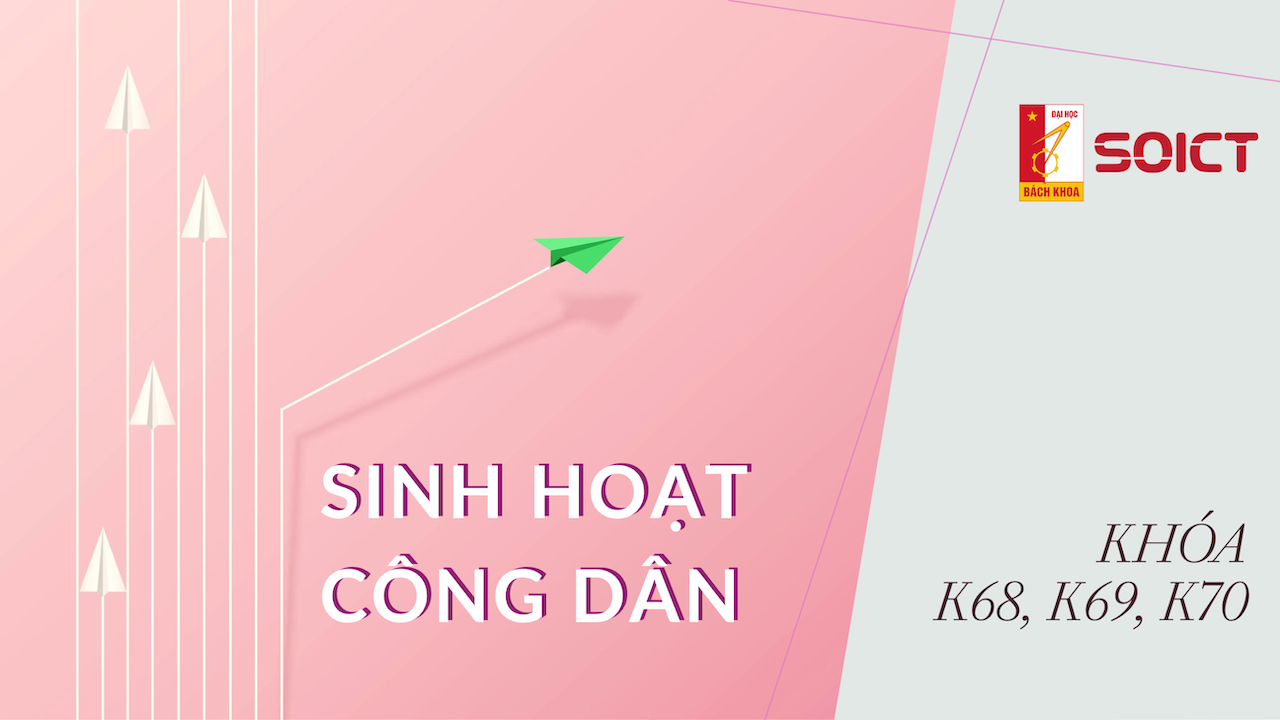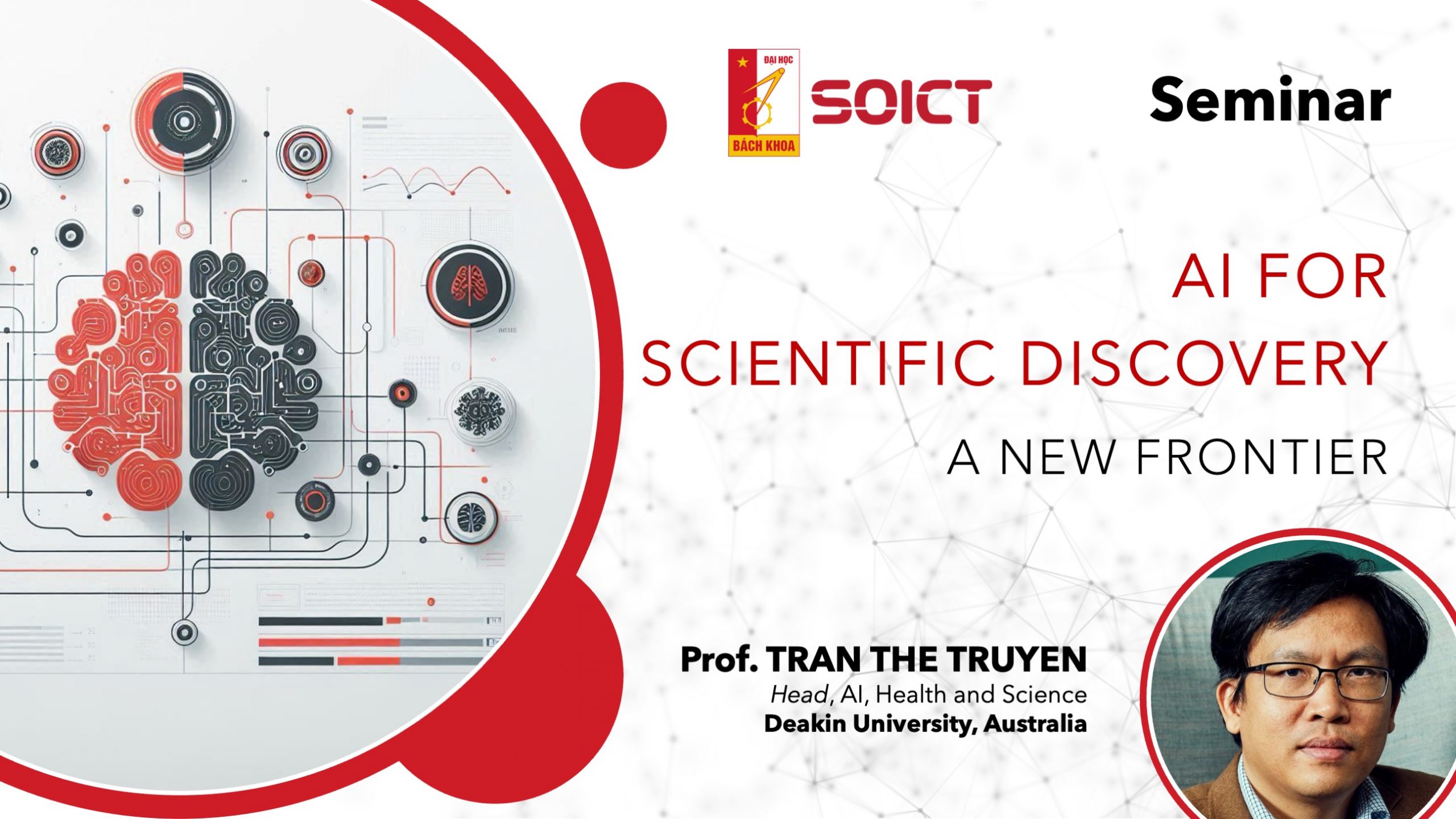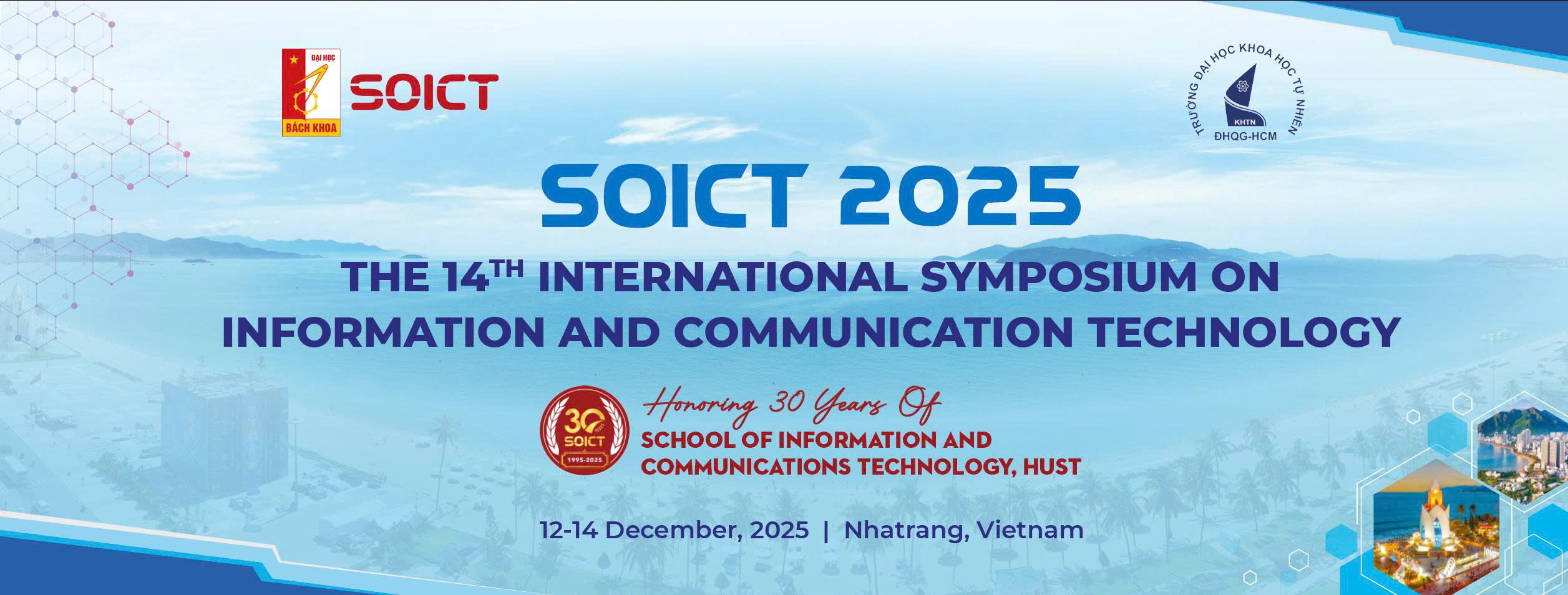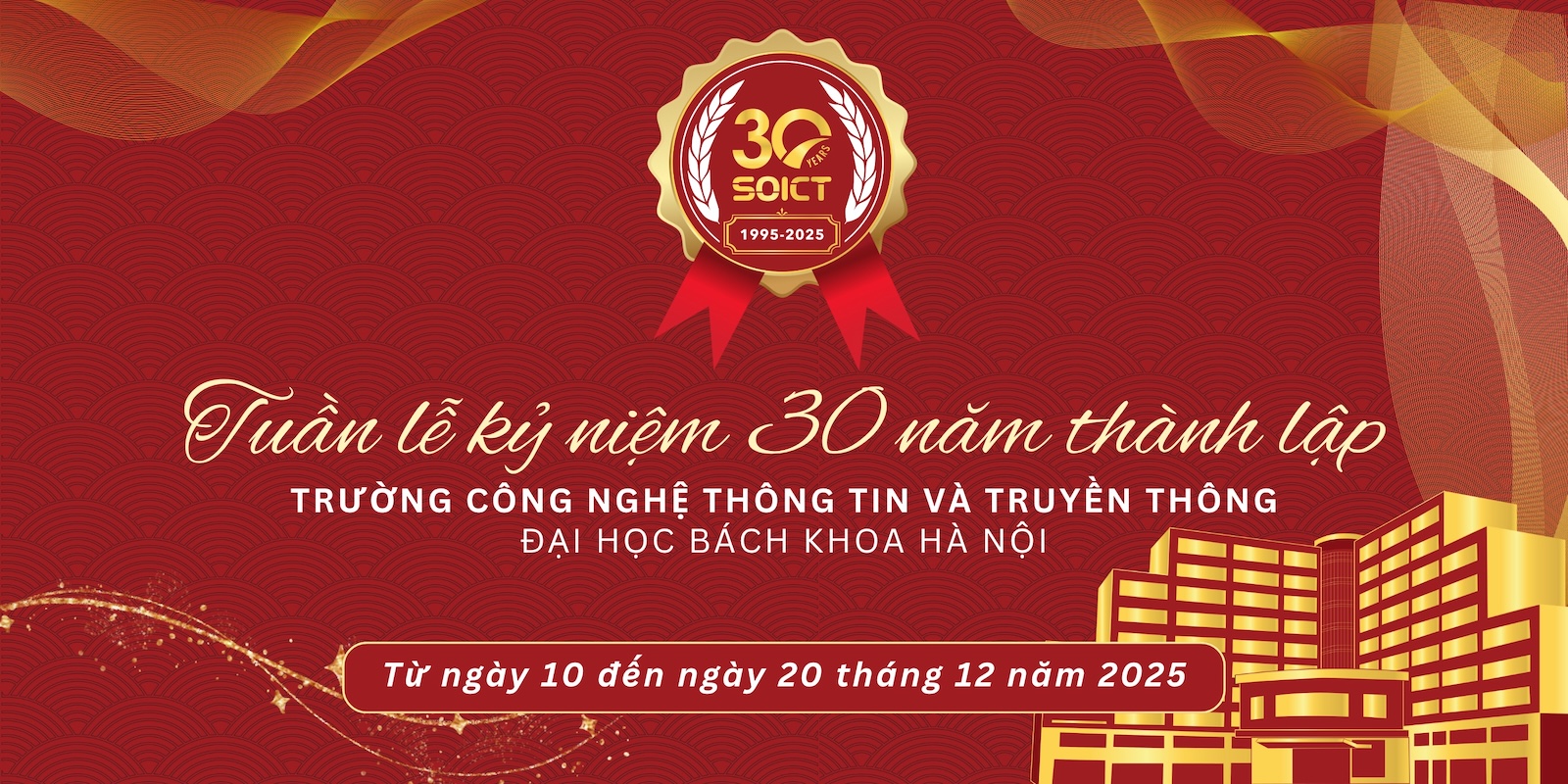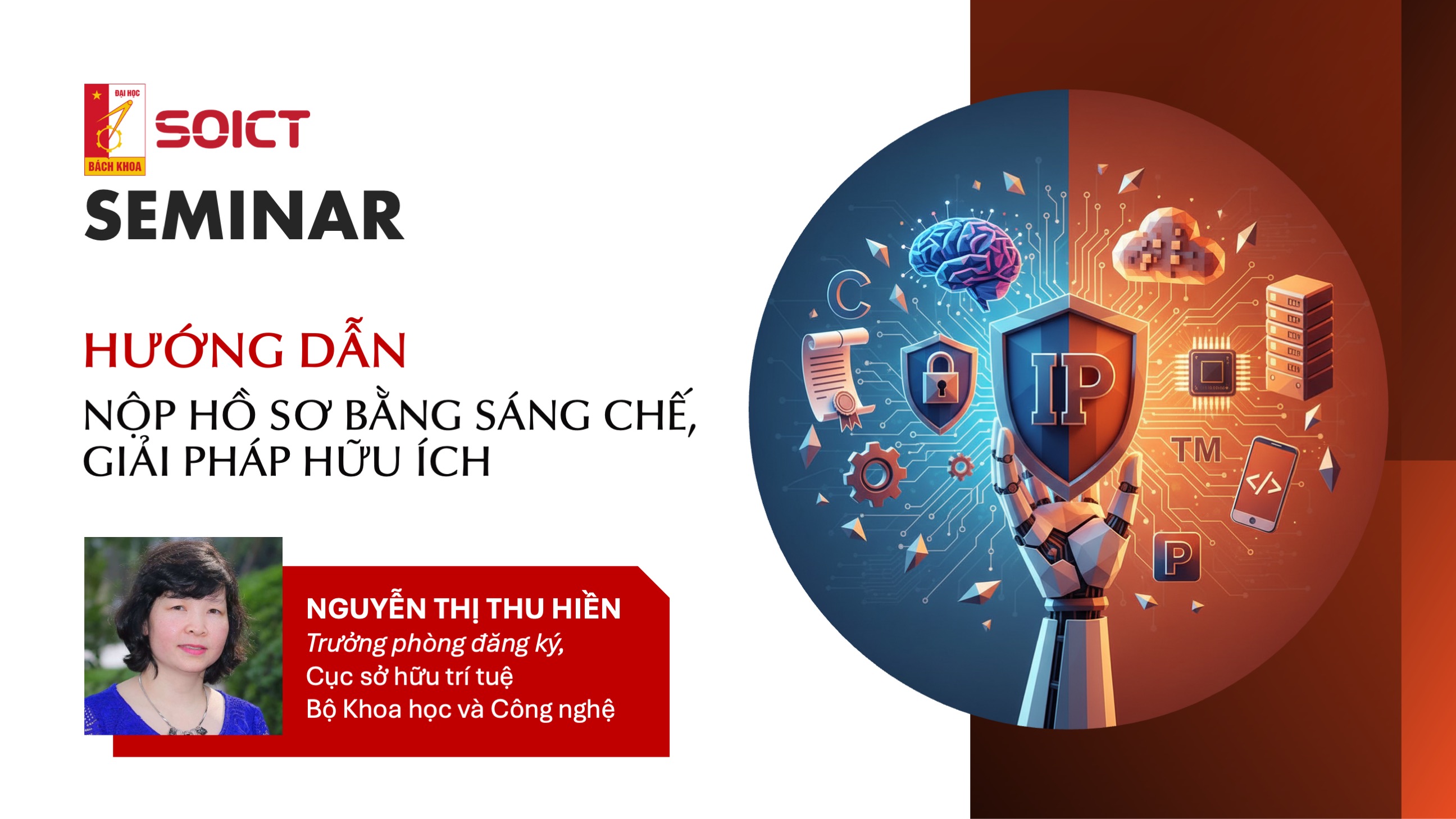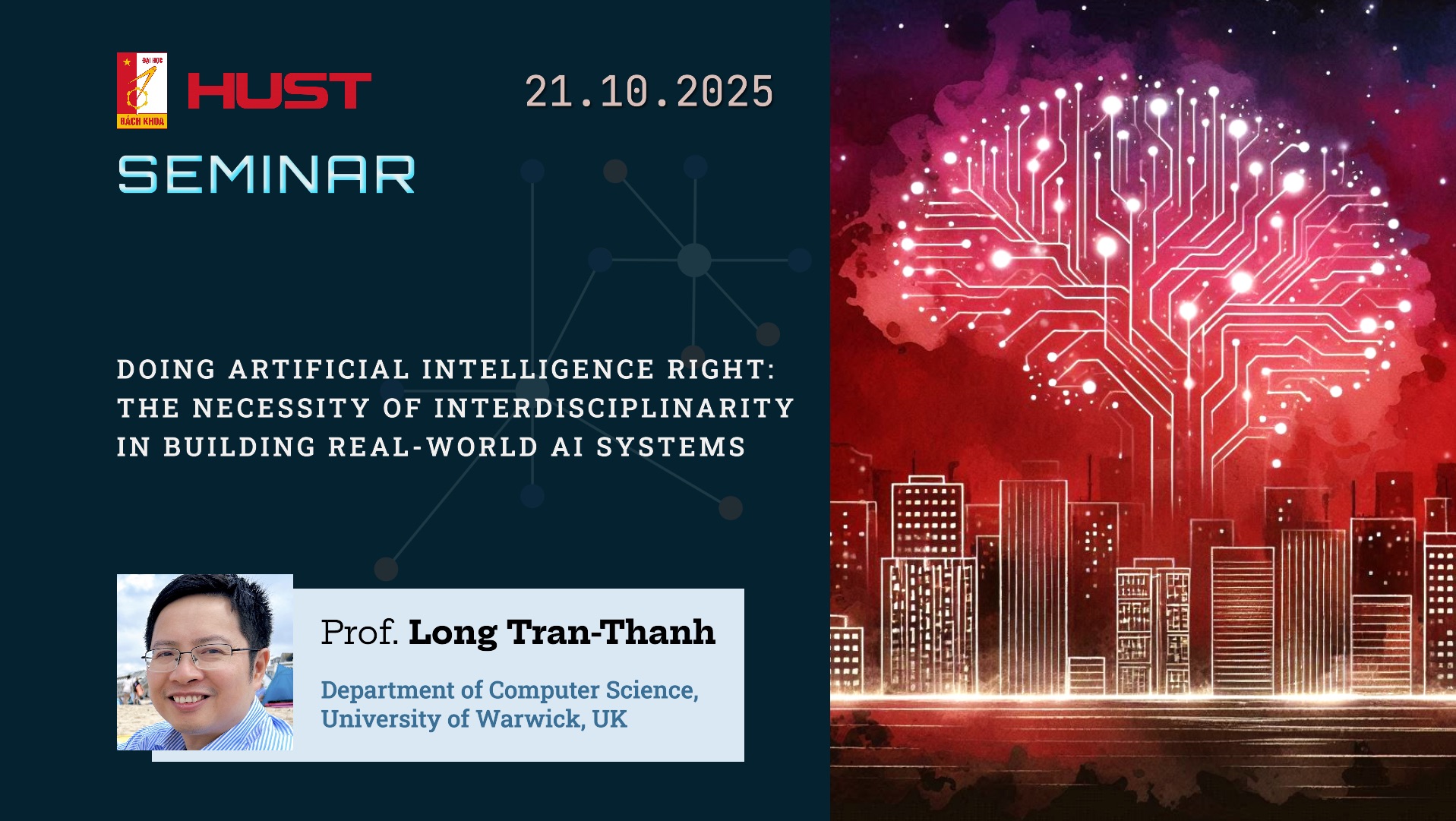Để chia sẻ các kết quả nghiên cứu, tăng cường giao lưu, kết nối giữa các nhóm, Trường CNTT&TT tổ chức seminar định kỳ hàng tháng.
Seminar tháng 11 sẽ được tổ chức vào 11.30-12.30 ngày thứ năm, 21/11/2024 và được Livestream trên Fanpage của Trường Công nghệ Thông tin và Truyền thông (fb.me/SoICTOfficially).
Thông tin bài trình bày
Bài trình bày #1

Data-Centric AI Research @ GLOW.AI
Abstract
In this talk, I will advocate a data-centric viewpoint of AI research, largely focusing on large language models (LLMs). In particular, I will discuss four major research directions on data-centric AI that my group has pursued, namely, data at (LLM) inference, data attribution & provenance for responsible AI, trustworthy data valuation & incentives in ML, and machine unlearning & data removal.
Bài trình bày chia sẻ quan điểm lấy dữ liệu làm trung tâm trong nghiên cứu AI, tập trung vào các mô hình ngôn ngữ lớn (LLM). Cụ thể, diễn giả sẽ thảo luận về bốn hướng nghiên cứu chính: vai trò của dữ liệu trong quá trình suy luận của LLM; truy xuất nguồn gốc và thuộc tính dữ liệu để phát triển AI có trách nhiệm; định giá dữ liệu đáng tin cậy và cơ chế khuyến khích trong học máy (ML); xóa dữ liệu và học cách quên (unlearning) trong học máy..

Bryan Low
Assoc.Prof.
Department of Computer Science, National University of Singapore (NUS)
Director of AI Research, AI Singapore
Deputy Director of NUS AI Institute
Bio
Dr. Bryan Low is an Associate Professor of Computer Science at the National University of Singapore, the Director of AI Research at AI Singapore, and the Deputy Director of NUS AI Institute. He obtained the B.Sc. (Hons.) and M.Sc. degrees in Computer Science from National University of Singapore, Singapore, in 2001 and 2002, respectively, and the Ph.D. degree in Electrical and Computer Engineering from Carnegie Mellon University, Pittsburgh, Pennsylvania, in 2009. His research interests include probabilistic & automated machine learning, planning under uncertainty, and multi-agent/robot systems.
Bài trình bày #2
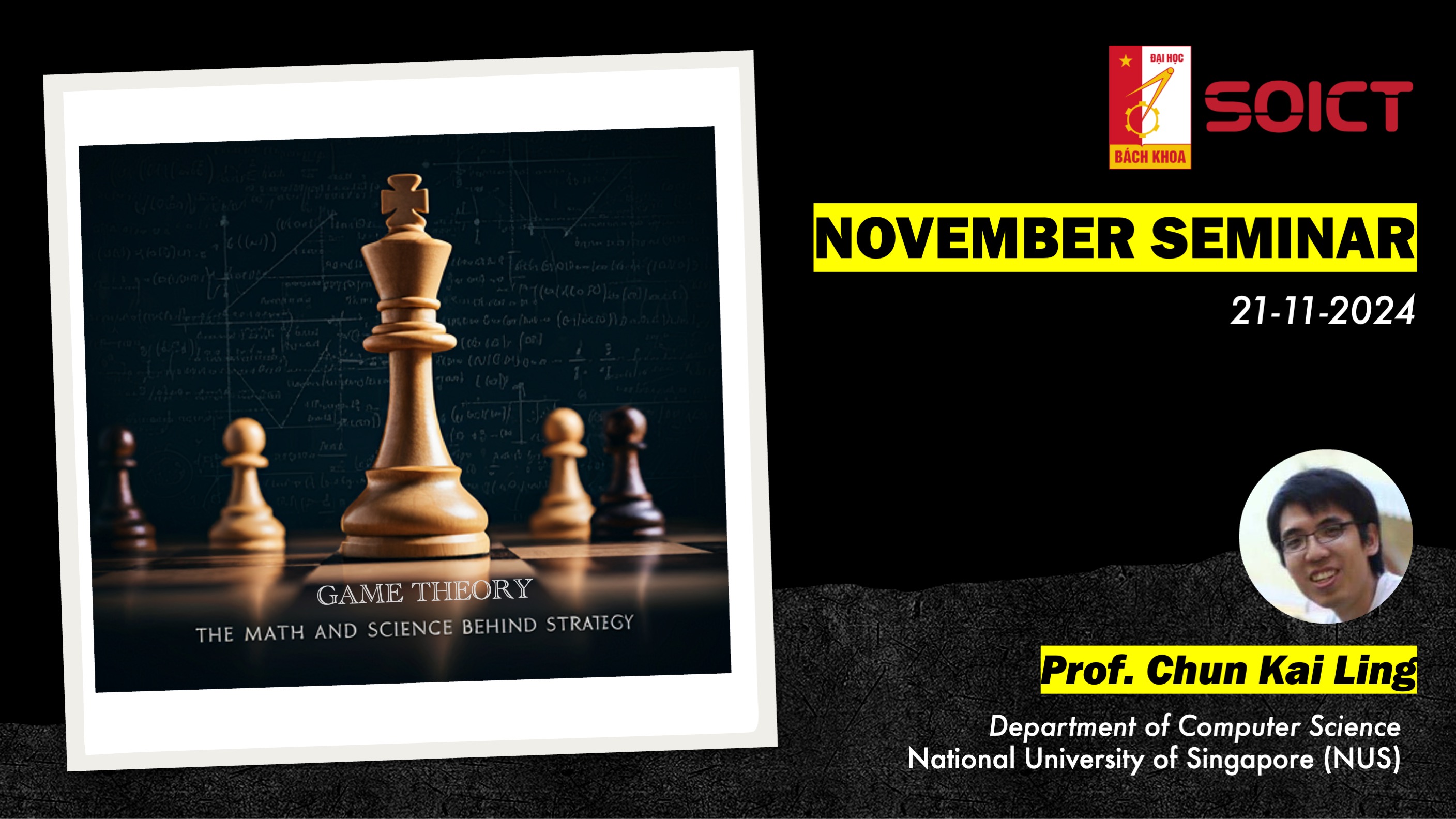
Game Theory: The Math and Science Behind Strategy
Abstract
Game Theory has emerged as one of the primary tools for multi-agent decision making, with applications ranging from superhuman performance in recreational games (e.g., Poker, Starcraft, Stratego, Diplomacy) to optimal scheduling of security patrols. Compared to their single agent counterparts, the multiagent setting is much richer, with agents exhibiting strategic behavior such as lying, coercion, and collusion. In this talk, I will introduce basic game theoretic concepts and discuss some interesting applications, including some recent work on optimal patrolling and contested logistics.
Lý thuyết trò chơi đã nổi lên như một trong những công cụ chính để ra quyết định đa tác tử, với nhiều ứng dụng khác nhau, từ các trò chơi giải trí (ví dụ: Poker, Starcraft, Stratego, Diplomacy) đến việc tối ưu lập lịch tuần tra an ninh. So với các tác tử đơn lẻ, đa tác tử phức tạp hơn, với các tác tử thể hiện hành vi chiến lược như nói dối, ép buộc và thông đồng. Bài trình bày giới thiệu các khái niệm cơ bản về lý thuyết trò chơi và một số ứng dụng như tối ưu lịch tuần tra, tối ưu giao vận.

Prof. Chun Kai Ling
Department of Computer Science
National University of Singapore (NUS)
Bio
Chun Kai Ling is an Assistant Professor in the Department of Computer Science in NUS. Prior to joining NUS, he was a Postdoctoral Research Scientist at Columbia University after obtaining his Ph.D degree in Computer Science at Carnegie Mellon University. His research is on multiagent systems and computational game theory with a focus on modeling and solving large and complex games. His work on inverse game theory and multi-defender security games were best papers in IJCAI 2018 and GameSec 2023, 2024. He was also a distinguished reviewer for ICML 2024. He was awarded the Sung Kah Kay Assistant Professorship in 2024 and NUS development grant from 2022-2024.

Đăng ký tham dự

